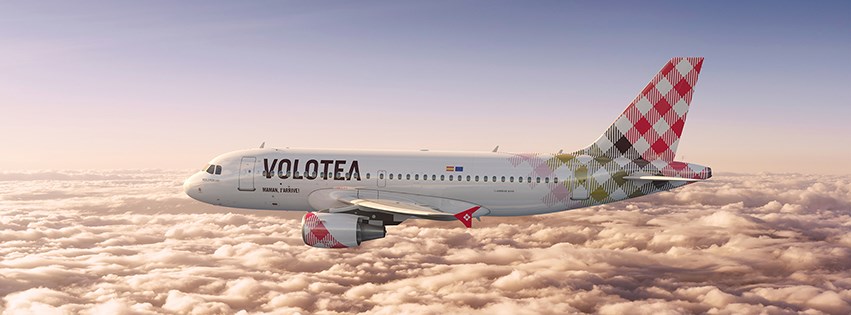Volotea will offset 25% of its carbon emissions by 2025. The company, as a member of the A4E (Airlines for Europe) association, continues its commitment to achieve l 'European Union (EU) objective of decarbonising aviation by 2050.From 2021, Volotea will voluntarily offset 5% of its total CO2 emissions into the atmosphere and increase the percentage of carbon emissions to be offset by 5% per year, until it reaches a level of 25% of its carbon footprint. in 2025.
In accordance with this objective, the airline has signed an agreement with VINCI Airports, the world's leading airport operator, which will allow Volotea to join its program of certified forest carbon sinks. This program will be developed in the areas of direct influence of the two companies, in collaboration with local entities and organizations.
For Carlos Muñoz, Founder and CEO of Volotea: "We are very happy to announce today the commitment that we have made as a company to offset our carbon emissions. Since we started flying, we have We strive to reduce our CO2 emissions as much as possible. Our goal is to grow and move forward while respecting and taking the greatest care of the environment. That is why we have never stopped investing in projects and initiatives aimed at making aviation more and more sustainable Our decision to offset our carbon emissions by 25% by 2025 is a key commitment, in addition to many measures that we will take in the area of sustainability. "
Offsetting the carbon footprint is an additional step for Volotea which, in order to achieve cleaner and more environmentally friendly aviation, has worked to improve the eco-efficiency of its routes in order to reduce emissions from its operations as much as possible.
This commitment to the environment has led Volotea to invest and participate in recent years in various technological R & D & I projects, focused on the development of electric motors and hydrogen fuel cells. This year, Volotea has also taken an important step by completing the standardization of its fleet, initially scheduled for 2023, and by becoming a 100% Airbus airline. These devices have the particularity of being aerodynamically more efficient, which allows Volotea to considerably reduce its carbon footprint per passenger.
Since the start of its operations in 2012, Volotea has implemented nearly 50 initiatives to reduce the fuel consumption of its aircraft, which, with the change of its fleet to Airbus, has reduced its fuel costs by more than 41%. emissions per passenger and per km.
From 2022, Volotea will begin to introduce sustainable fuels in its planes and will work with manufacturers and industry so that these fuels (now difficult to access) can be developed and generalized as quickly as possible.


RTX Pratt & Whitney announced plans to establish a European Technology and Innovation Center dedicated to advancing technologies for enabling more energy efficient and sustainable aviation. P...
flydubai and Boeing announced new agreements for parts sourcing services and digital solutions that help support efficient fleet operations: Tailored Parts Package – Boeing’s Tail...
British Airways is to acquire the Boeing hangar facility and MRO business at Gatwick in a move that will secure jobs at the site and expand BA’s presence at this key airport. It will ultimately...
Gama Aviation announced record passenger numbers for 2024, 10 years since opening its FBO in Sharjah. And, as this achievement reinforces Gama Aviation’s strong growth in the sector, such m...
